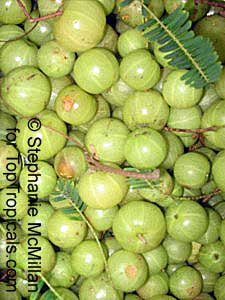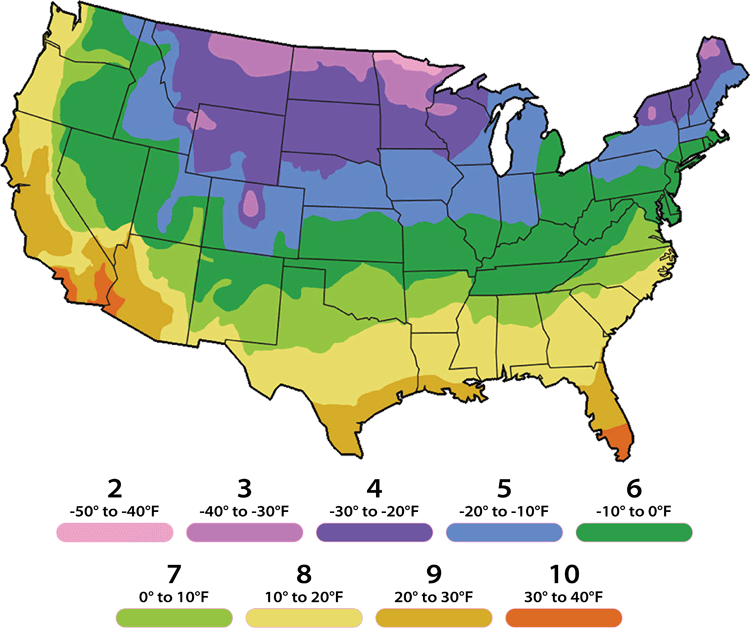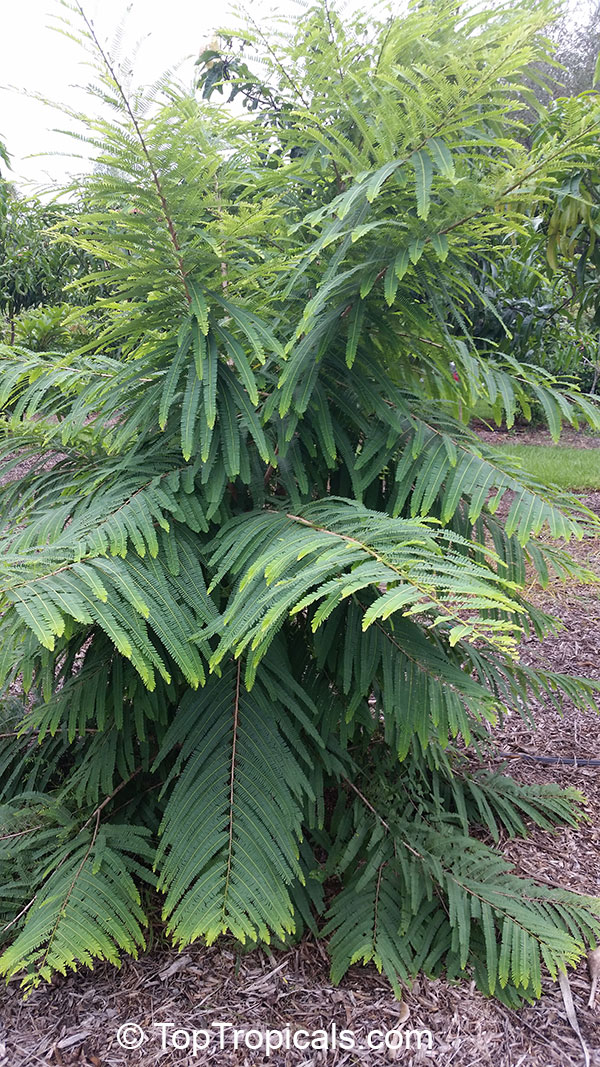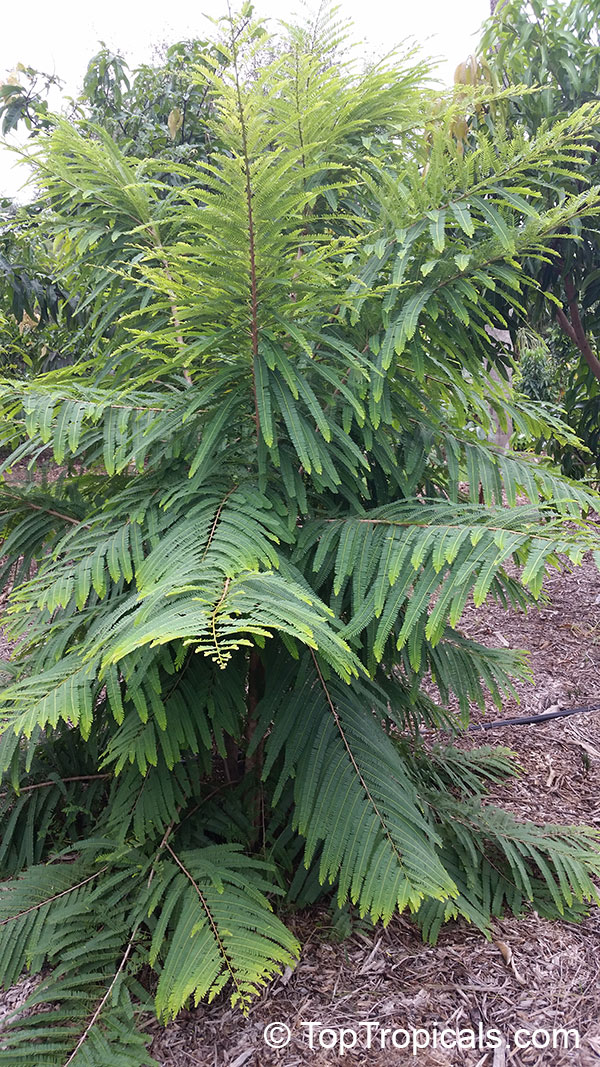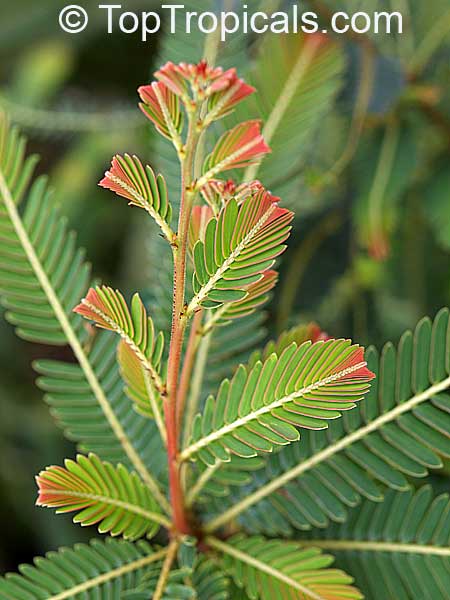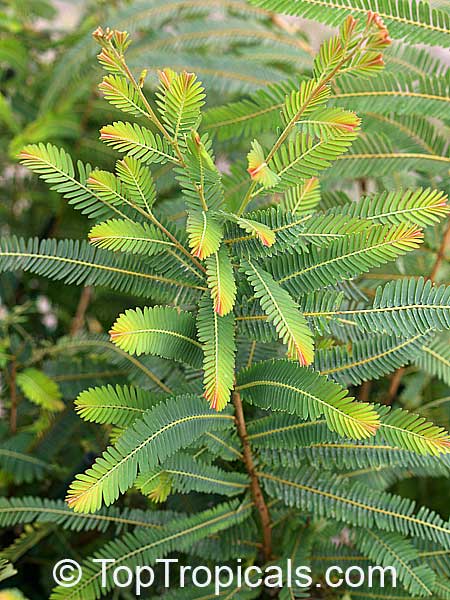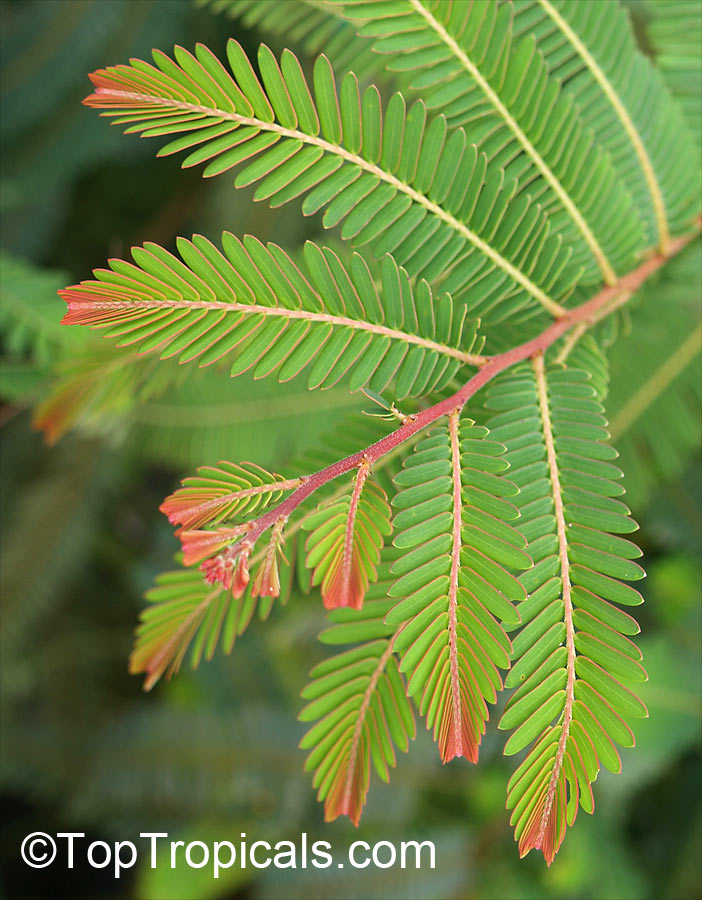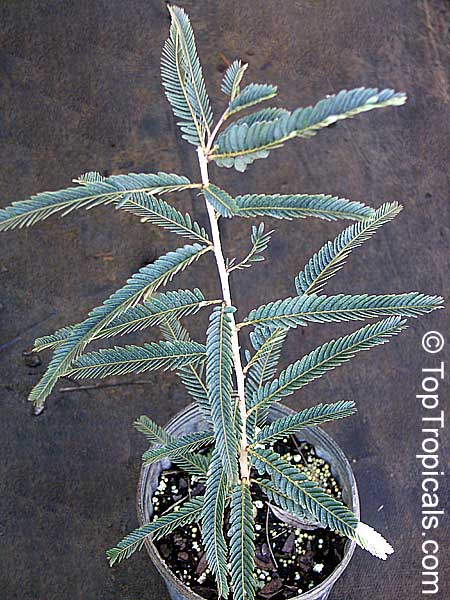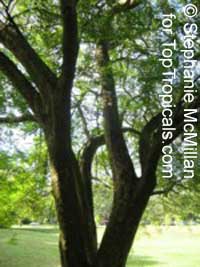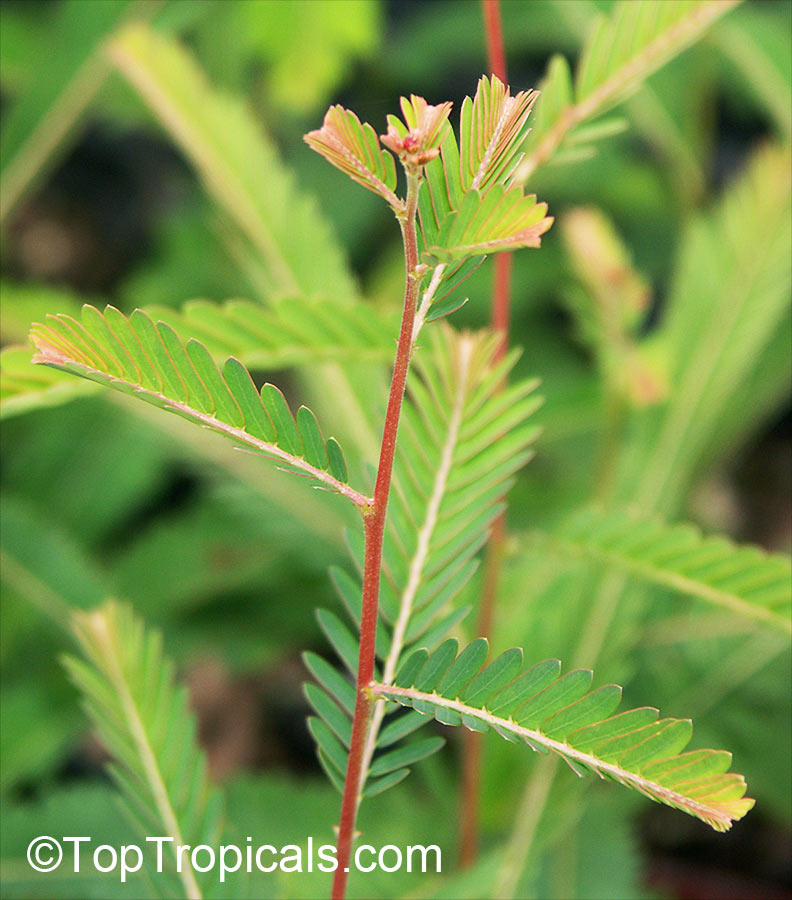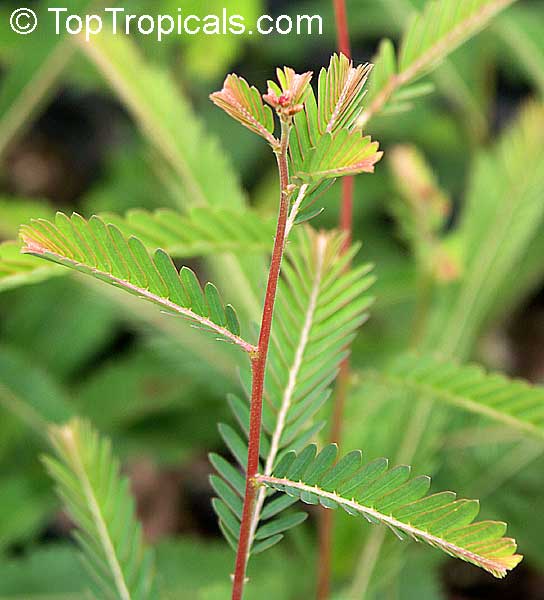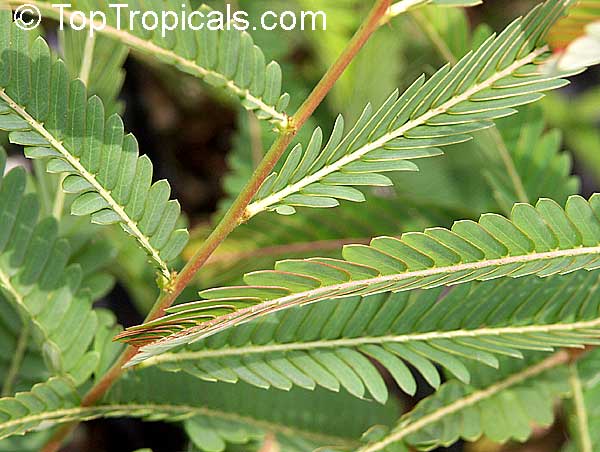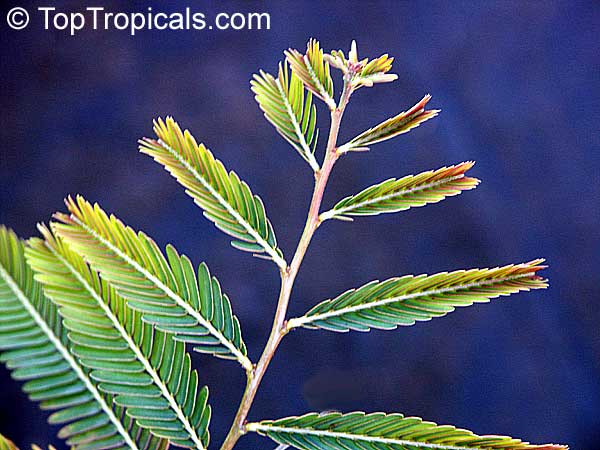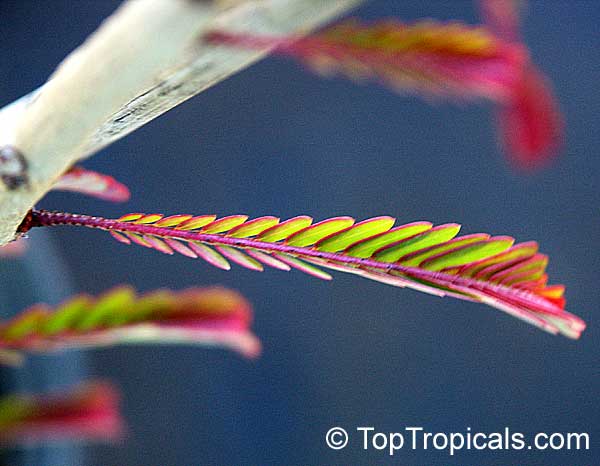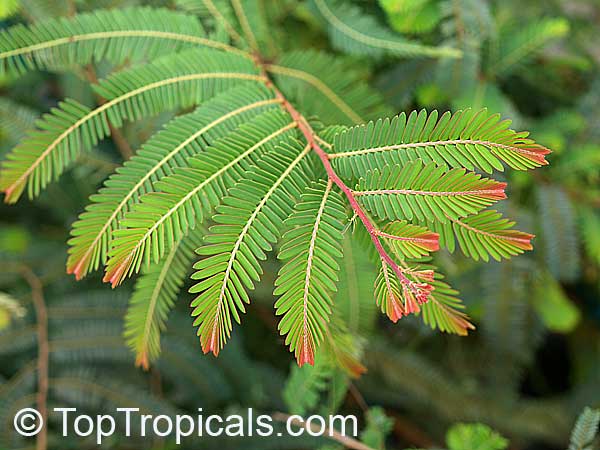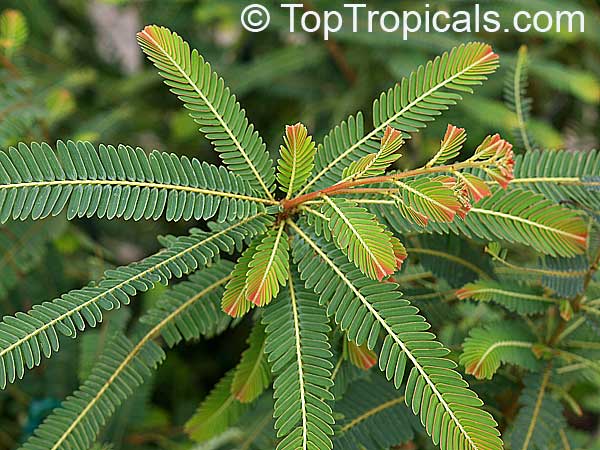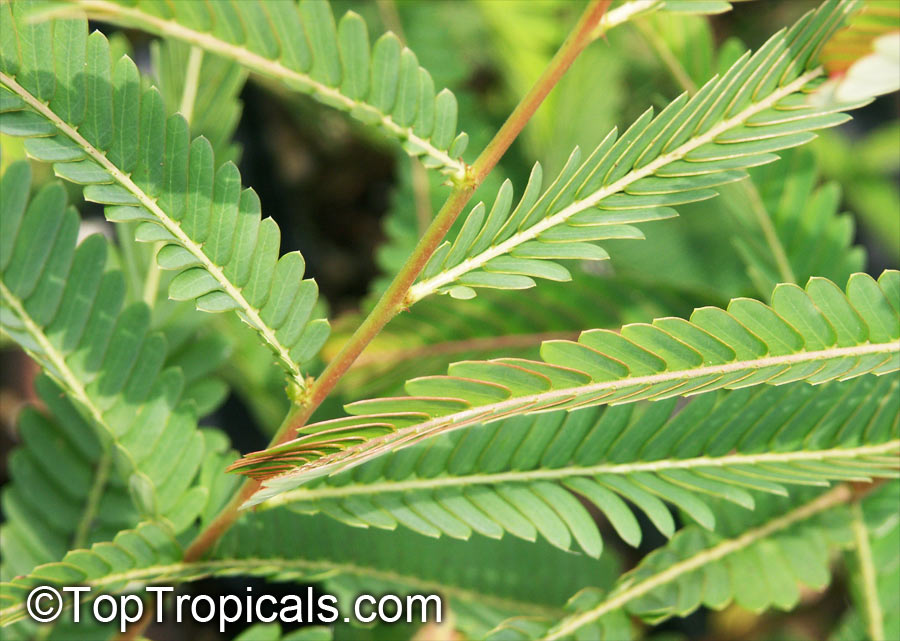Emblica officinalis (Indian Gooseberry)
Botanical names: Emblica officinalis, Phyllanthus emblica
Common names: Indian Gooseberry, Emblic Myrobalan, Amla, Amalaki, Amloki
Family: Phyllanthaceae
Origin: Northern and South Western India






Small to medium in size tree. The leaves are lacy, giving the tree a delicate look. Amla fruit paste is a major ingredient of Chavyanprash, a popular Ayurvedic tonic. Amla is known as amritphala in Sanskrit, which literally means the fruit of heaven or nectar fruit. It is so called because it is rich in many desirable properties. It was described in a 7th century Ayurvedic medical text. According to several scholars, the sage Chyawan is reputed to have restored his vitality with this fruit. The fruit is Aperient, Carminative, Diuretic, Aphrodasiac, Laxative, Astringent and Refrigerant; is useful in anaemia, jaundice, dyspepcia, haemorrhage disorders, diabetes, asthama and bronchitis. It cures insomnia and is healthy for hair. It is the richest known source of vitamin C. The fruit tastes bitter, but if you drink water after eating it, the water tastes sweet.
Similar plants: Emblica officinalis (Indian Gooseberry)
- Phyllanthus pectinatus (Melaka Tree)
- Epiphyllum hookeri (Climbing Cactus)
- Glochidion macrocarpum (Glochidion)
- Phyllanthus acidus (Otaheite Gooseberry)
- Phyllanthus angustifolius (Foliage Flower)
- Phyllanthus arbuscula (Phyllanthus )
- Phyllanthus latifolius (Phyllanthus)
- Phyllanthus mirabilis (Dragon Wings)
- Phyllanthus pulcher (Phyllanthus pulcher)
- Phyllanthus sp. (Phyllanthus)
